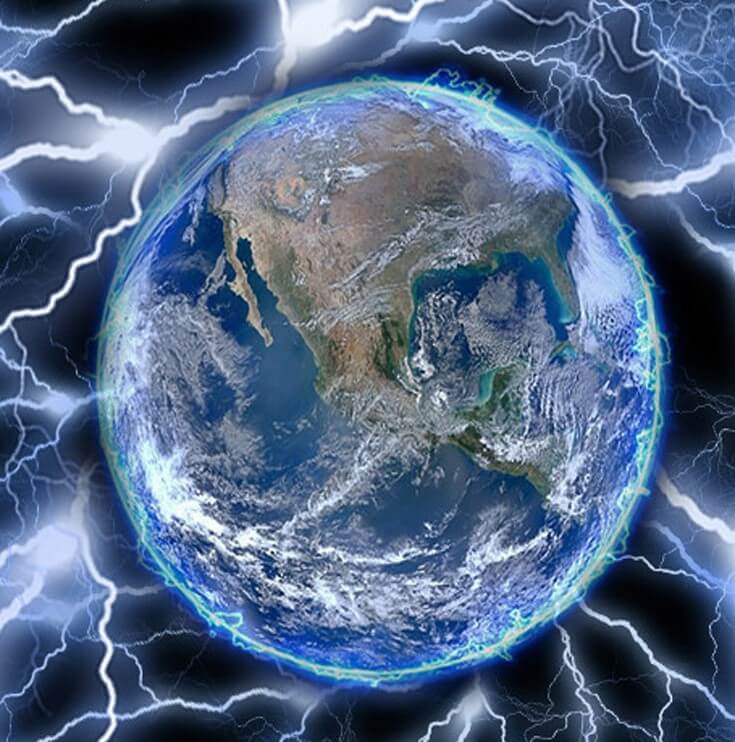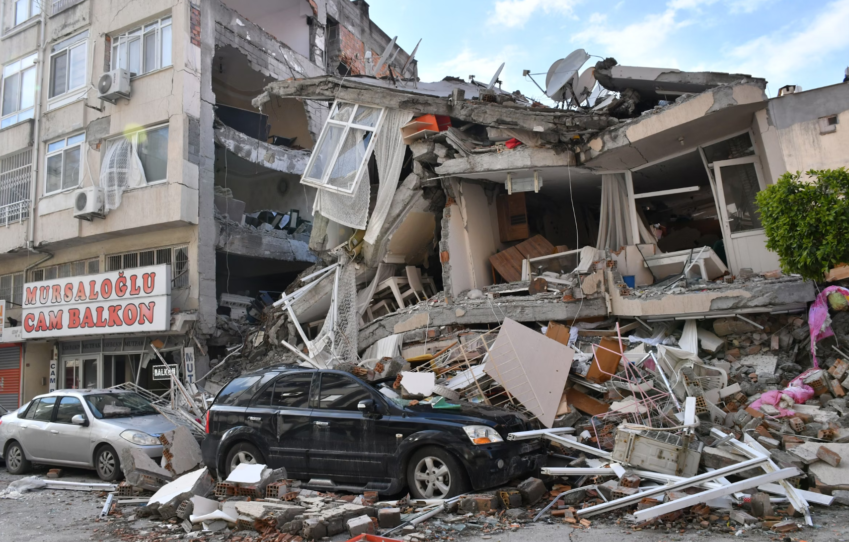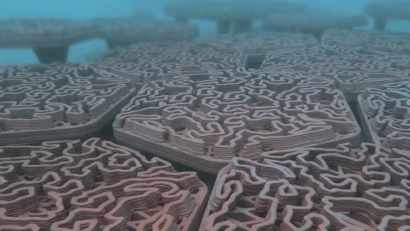The researchers add that the meeting area between the Dead Sea and East Anatolian Faults may be considered a natural laboratory for studying the processes in which tectonic junctions are formed between plate boundaries.
The post Why Turkey earthquakes don’t hit Israel? It’s the Dead Sea Fault appeared first on Green Prophet.
In Iskenderun, one of the places most affected by the 7.7 magnitude earthquake centered in Kahramanmaraş
Earthquake energy can travel vast distances, shaking the ground far from its origin. This energy moves even more swiftly along tectonic plate boundaries and across their intersections. When powerful earthquakes struck along the East Anatolian Fault in February 2023, between Syria and Turkey, their impact was expected to extend along the Dead Sea Fault, from the Red Sea to Turkey, and affect its surrounding regions. These significant faults are well-known as intersecting plate boundaries.
Nonetheless, the anticipated strong earthquakes did not occur along the Dead Sea Fault.
While this may seem like an anomaly, researchers from the School of Environmental Sciences at the University of Haifa and the Geological Survey of Israel claim that the initial perception was wrong, claiming that the plate boundaries are not connected.
Earthquakes in Turkey are particularly strong and corrupt authorities don’t oversee building standards are to code
“Our study shows that the strong earthquakes of the East Anatolian Fault were not channeled along the Dead Sea Fault since they are not tectonically connected, as most scientists assume. The seismic energy produced by the source is absorbed through small aftershocks in the intermediate regions – i.e., in Syria and Lebanon, but not preferably channeled along the Dead Sea Fault ” explained Prof. Uri Schattner of the University of Haifa, one of the authors of the st
Recommended Story For You :

Bringing Dead Batteries Back To Life Is Simple!

SEPTIFIX to the Rescue! Say Goodbye to Problems and Hello to Savings

Ecomposing of Paper Towels Produce Methane Gas

A Leading Cause Of Global Warming!

A cleaner world where energy is abundant essentially free

and sourced directly out of the inherent power of the space surrounding us.

MIT Discovery can cut power bills by 65%

Easy DIY Power Plan Will Change Our World Forever

Discover the World with Our Passionate Geography Teacher in Memphis!






